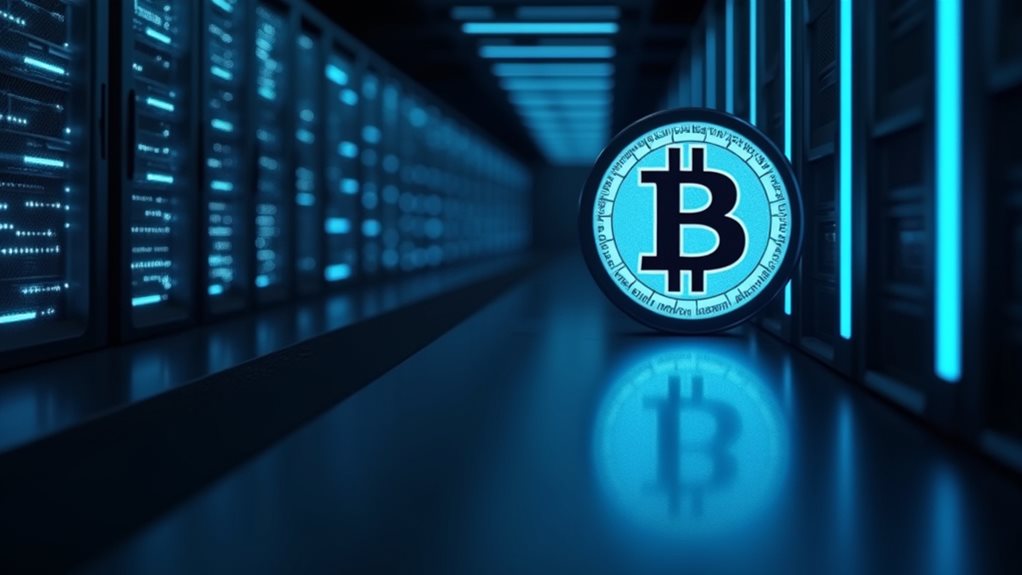Ripple's XRP stands at an essential crossroads as regulatory winds shift. After taking a $125 million hit on institutional sales but getting a pass on retail transactions, XRP's potential reclassification from security to commodity status could reshape cryptocurrency regulation. The SEC's new Crypto Task Force and recent court rulings suggest a changing landscape. XRP's fate may set precedents for other digital currencies caught in regulatory limbo – and there's way more to this story than meets the eye.

While cryptocurrency regulation often feels like a game of regulatory hot potato, Ripple's XRP finds itself at the center of a shifting landscape. The SEC's potential reclassification of XRP as a commodity could mirror Ethereum's journey from security to commodity status. Who would've thought regulators could change their minds? Stranger things have happened.
The legal saga that began in December 2020 has been quite the rollercoaster. Ripple took a $125 million hit for institutional XRP sales, but here's the plot twist: retail sales got a free pass. The court basically said regular folks buying XRP isn't the same as big institutions doing it. Makes sense, right? Well, sort of. The recent Vermont lawsuit dismissal against Coinbase signals a significant shift in regulatory approach toward crypto entities. The creation of a new SEC Crypto Task Force suggests a serious reevaluation of previous cryptocurrency positions.
XRP's market performance has been as unpredictable as a cat on caffeine. But amid all the regulatory drama, it's seen some impressive gains. The possibility of an XRP ETF has investors sitting up straight in their chairs. And why wouldn't they? It's not every day a cryptocurrency gets to shed its "security" label and join the commodity club.
Ripple's technology isn't just sitting pretty during all this drama. Their infrastructure continues powering real-time transactions for financial institutions worldwide. The XRP Ledger's ambitious goal? Nothing less than revolutionizing global financial systems. Sure, no pressure there.
The whole situation could set some interesting precedents. Just like Ethereum before it, XRP's potential reclassification might pave the way for other cryptocurrencies stuck in regulatory limbo. It's like watching dominoes fall, except these dominoes are worth billions of dollars.
The impact on the broader cryptocurrency market could be substantial. Regulatory clarity isn't just some boring paperwork – it's the difference between mainstream adoption and staying on the fringes.
With negotiations in their final stages and the SEC's stance evolving, the cryptocurrency world is watching closely. After all, what happens with XRP could shape the future of cryptocurrency regulation. No pressure, Ripple. No pressure at all.









